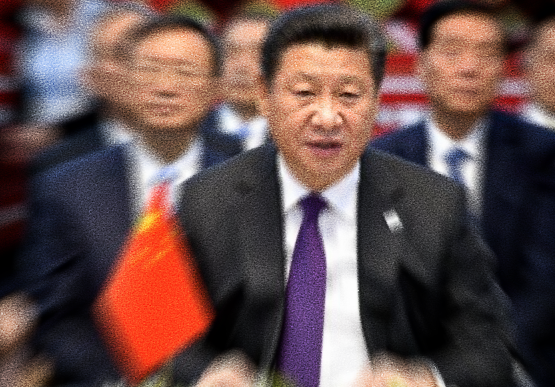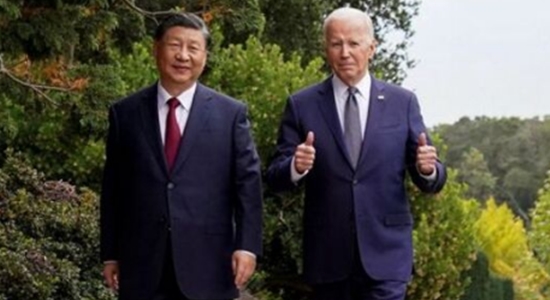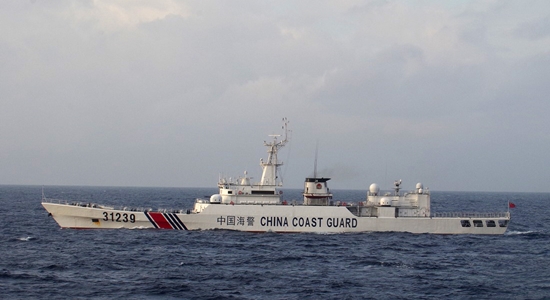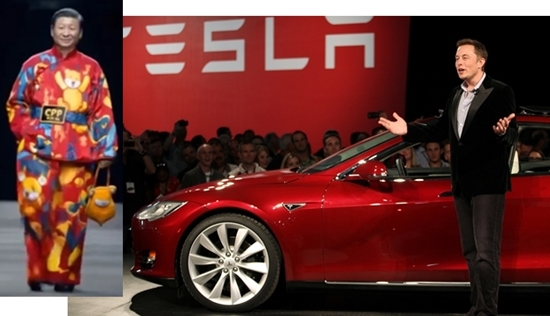
Dan Blumenthal and Linda Zhang say that the Chinese Communist Party survives mainly by pursuing a strategy with three pillars: censorship, propaganda, and disinformation (Jewish Policy Center, July 9, 2020). In short, a never-ending war on truth.
The CCP has constructed a massive propaganda and censorship apparatus: it considers the truth to be dangerous. It does not want its citizens to know the extent of its corruption, its repression, its mismanagement of the economy, and of crises such as the current virus, the bird flu in 1997 and SARS in 2003. . . .
There are two major Internet censorship programs: The “Great Firewall” and the “Golden Shield” program. Both rapidly censor internet content produced within the People’s Republic of China (PRC). . . .
Chinese media portray specific criticisms the West has made against China, such as on human rights issues, as being “anti-China,” as if a story about the party’s human rights abuses is an affront to all Chinese people. . . .
The Chinese government monitors, harasses, and bans Western journalists who publish content portraying China in a “negative” light. . . .
[T]he regime also has started to influence pop culture abroad. Beijing knows that its people have great admiration for American sports and pop culture icons. It therefore believes it must control with an extreme intensity what such figures might say. . . .
The case of the National Basketball Association (NBA) in China is one of China using its market power to make Americans curtail their free speech. . . .
Chinese censorship has also hit the heart of American entertainment in Hollywood. Americans have likely noticed the absence of Chinese villains or “bad guys” in American movies. No other country including our own is spared negative portrayals in film or television. Since China agreed to open its market to foreign films in 2012, Hollywood has had to make concessions to its Chinese censors.
The authors also discuss foreign disinformation and censorship of COVID-19 research and of reporting on the COVID-19 pandemic. They only briefly allude to the Chinese government’s near-ubiquitous surveillance, which is often about finding out who is insufficiently guided by its lies.
The CCP’s war on truth does not directly subsume every element of its survival strategy. This strategy necessarily also includes things like weapons, technology, the military, military strategy, the bureaucracy, and administrative policies. But the passive or fanatical obedience of officials, bureaucrats, soldiers, and policemen ultimately depends on what they believe or are willing to pretend to believe—i.e., on ideas. The CCP can’t use weapons and physical threats alone to regiment society and culture. On the other hand, much of its technology is dedicated to the tasks of disinforming, censoring, and propagandizing.
As in the governance of other totalitarian societies, in the governance of China all roads lead to and from the central purpose of controlling what people think and say, then do.





